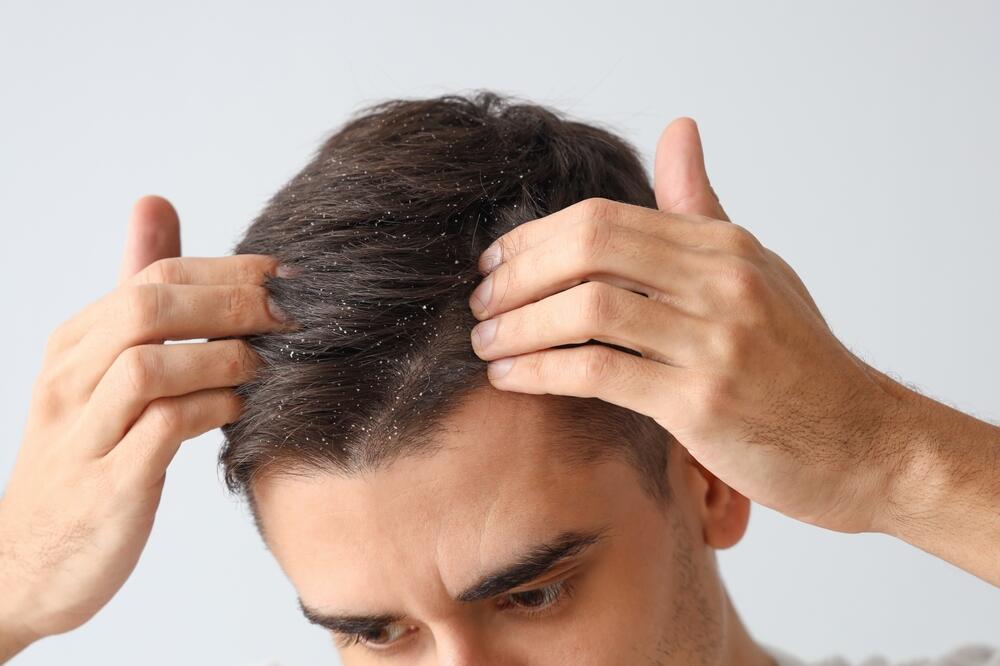Getting your Trinity Audio player ready...
There’s nothing like a hot shower after a long day, especially during the cold winter months. Hot water helps relax muscles, improve mood, and promote better sleep. However, experts caution that prolonged hot showers can have harmful effects.
While hot showers provide relief for muscle and joint pain, they can also dry out the skin and hair, especially when taken for too long. Hot water can even damage the skin’s barrier, which serves as the body’s natural defense mechanism.
How does hot water affect skin and hair?
Winter brings lower temperatures and reduced humidity, worsening the drying effects of hot showers. Dry air alone increases water loss from the skin and hair, and hot showers intensify this process. The combination of indoor heating, cold winds, and hot water makes the skin and hair more vulnerable during this season.
The skin is protected by a thin layer of sebum, an oily substance secreted by sebaceous glands. This layer prevents moisture loss, maintains skin structure, and blocks contaminants. Hot water disrupts this layer, breaking down the sebum and weakening the skin’s protective barrier. When this barrier is damaged, water evaporates more easily from the skin, leading to dryness, tightness, and even mild flaking.
Hair also suffers from hot showers. Like the skin, hair is protected by a sebum layer that provides shine and moisture. Hot water strips away this protective layer, leaving hair dry and brittle. The hotter the water, the greater the damage. Extreme heat can also irritate the skin, particularly for individuals with conditions like eczema or psoriasis.
Those with sensitive skin or chronic skin conditions may experience flare-ups, redness, or burning sensations after exposure to hot water. Hot showers can also worsen scalp dryness, leading to dandruff and itching.
What do studies say about the risks of hot water?
Although research on this topic is limited, existing studies highlight the harm hot water can cause to the skin. A 2022 study by Spanish researcher Dr. Trinidad Montero-Vilchez found that immersion in hot water led to significant water loss from the skin compared to cold water. The study also noted increased redness and a weakened skin barrier. Hot water dilates blood vessels in the skin, intensifying redness and making the skin more sensitive and vulnerable to irritants and infections.
 Dr. Hagit Metz
Dr. Hagit MetzAfter a long, hot shower, the skin may feel tight and appear pale and dry. These effects result from changes in the skin’s lipid structure and damage to its barrier.
How to protect your skin and hair
To minimize the negative effects of hot showers, consider the following tips:
- Keep showers short: Limit them to 5–10 minutes.
- Use lukewarm water: Moderate temperatures are far less damaging than hot water.
- Choose gentle soaps: Harsh soaps can worsen skin damage and irritation. For areas that aren’t very dirty, water alone may suffice.
- Apply a moisturizer: After showering, while the skin is still damp, use a rich moisturizer to lock in hydration. Creams and ointments are more effective than lotions due to their higher oil content.
- Dry gently: Pat the skin dry with a towel instead of rubbing to avoid further irritation.
For those without allergies to fragrances in skincare products, it’s generally safe to continue using them. However, people with sensitive skin should exercise caution, as fragrances may cause irritation.
Get the Ynetnews app on your smartphone: Google Play: https://bit.ly/4eJ37pE | Apple App Store: https://bit.ly/3ZL7iNv
Different skin types react differently to hot showers. Those with resilient skin may experience fewer adverse effects, while those with sensitive or very dry skin should follow these precautions more carefully. Factors like age, climate, and medical conditions also influence the impact of hot showers. Additionally, frequent hot showers combined with strong soaps can disrupt the natural microbiome of the skin. This balance of beneficial microorganisms plays a key role in maintaining skin health, and disruptions can contribute to skin disorders and weaken the skin’s local immune defense.
Conclusion
A hot shower is a wonderful indulgence, particularly in winter. However, to protect your skin and hair, it’s important to keep showers short and lukewarm, avoid harsh soaps, and apply moisturizer immediately after bathing. By following these simple practices, you can enjoy the comfort of a hot shower without compromising the health of your skin and hair. Balance is essential—enjoy the warmth and relaxation of a hot shower while taking steps to maintain your skin and hair’s long-term health.
- Dr. Metz is a dermatologist and a member of the American Academy of Dermatology and the European academy of dermatology


